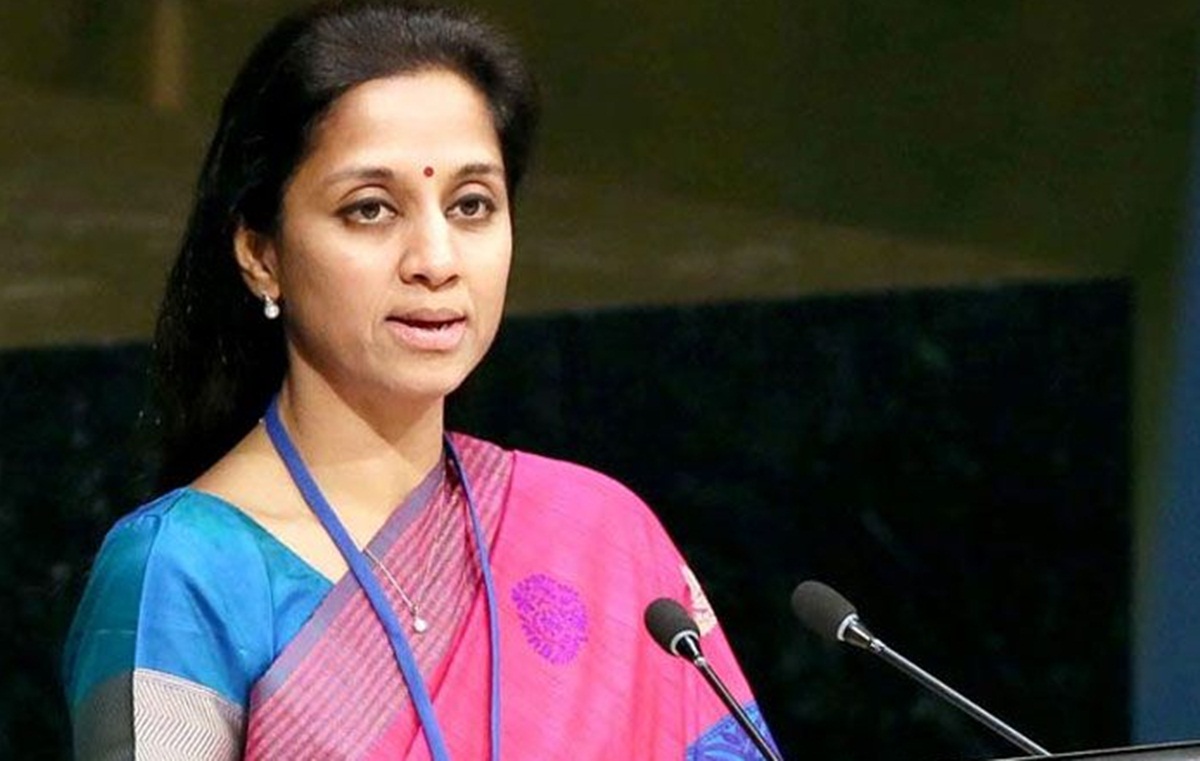X: @the_news_21
The Mahayuti government of Maharashtra is under fire in the aftermath of the tragic killing of Shiv Sena (UBT) leader Abhishek Ghosalkar. Opposition leaders have seized upon the incident to lambast the state’s law and order situation, with Chief Minister Shinde bearing the brunt of blame for allegedly fostering an environment conducive to criminal elements.
Maharashtra’s Deputy Chief Minister Devendra Fadnavis expressed profound sorrow over the untimely demise of the young leader, describing the incident as deeply saddening.
Ghosalkar was fatally shot by a lone assailant, identified as Mauris Noronha, in Mumbai’s Dahisar area. Despite swift medical attention, he succumbed to his injuries upon arrival at a nearby hospital.
Police investigations have revealed the identity of the suspect as Mehul. Following a rigorous seven-hour probe at the crime scene, law enforcement recovered a pistol, a live cartridge, and crucial CCTV footage.
In response to attempts to politicize the tragedy and extrapolate broader law and order issues, Fadnavis urged restraint, highlighting the complex interpersonal dynamics at play. “In 2024, Morris and Ghosalkar were seen on the same banners, welcoming the new year together. They had worked together for many years. For various reasons, they became adversaries, and many such reasons are emerging which are under investigation,” Fadnavis emphasized.
The assailant, Mauris Noronha, took his own life shortly after the attack, according to police reports. A case has been registered against Noronha posthumously, under sections 302 of the IPC, Sections 3 and 25 of the Arms Act, Section 37 (1) (A), and Section 135 of the Maharashtra Police Act.
As investigations continue into the tragic incident, the spotlight remains firmly fixed on the state’s governance and law enforcement machinery, with calls for accountability and swift justice echoing across political aisles.






